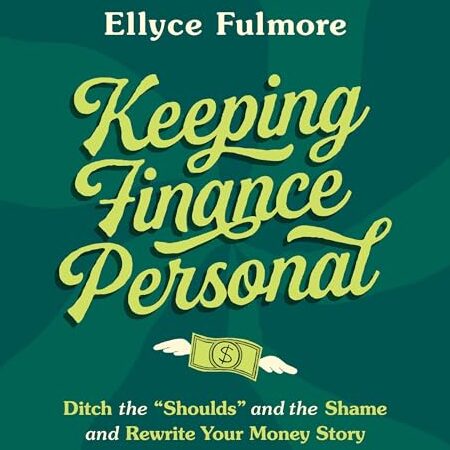The middle office of an investment bank can offer plenty of career options, and it’s one area where you could flex any foreign languages skills. We spoke to a former employee of a top tier bank about his experiences of using his languages skills in a client management role at their London head office…
I came into finance in a really unconventional way. I graduated in 2010 with a degree in Modern Languages and some work experience. During my time at university I did a few internships and like most people worked part-time here and there in summer and term times. I also had to do a year working abroad as part of my course, so I spent time. After university I had grand dreams of becoming an ambassador to some country in no time and was sure it would happen. It hasn’t (yet!).
I applied for a position with an agency which seemed fairly generic at that point; it didn’t state exactly who the employer would be, only that they were looking for people with language skills, a degree and some commercial acumen.
I received a call-back and got an interview. The role was to be based at a major global bank in London and I’d be a contractor there – that meaning that I’d do the same job as anyone else but the bank didn’t have ‘headcount’ at the time to employ me themselves.
Financial expertise not essential
I knew little of finance at that point in time and had never even heard of the financial product I was due to be working with, however I was thoroughly trained. It never really occurred to me that not being from a finance background was going to be a problem. One thing I realised quickly was that “finance” is such a general term. There are so many different positions within it; some of which you’ll have heard of immediately, and some are concepts and products that you’d never imagine could exist.
I spent my first few weeks sitting at other people’s desks to get to grips with the job. I was given a “buddy” to look after me and, after a few weeks, my own phone and computer. It was a steep learning curve and I was in a department in which only a couple of people had been there for more than 12 months.
Cracking the stereotypes
If I told you that I worked in finance in London, you might imagine that I worked 15 hours per day, could cover my bed with fifty-pound notes and was surrounded all day by obnoxious people. Nothing could be further from the truth for me. We worked very fixed hours (8am – 4pm or 9pm – 5pm). We rarely did overtime, were paid modestly and had great, friendly, supportive colleagues – many of whom I still count as good friends.
That said, there was obviously a huge mix of people there and I was quite aware that my department was in some ways very different to others. There were a lot of people working there and I did see bad examples of the way that particularly management would view the ‘underlings’.
I had a great deal of clients and contacts and was able to obtain them quickly. I spent my entire day on the phone or sending emails and on average received 300-400 emails per day, some of which required action, some didn’t. I worked with companies and clients from all over Europe and Africa and was able to prove myself to other departments which in itself brought great opportunities. My work was totally multi-lingual which is why the bank hired people from my background and not a financial one.
Quick learning and a languages boost
My role was a “middle office” one – a term I hadn’t heard of before working in finance. It meant that it was part customer-facing and part processing. I quickly learnt skills like how to write really good formal emails, address senior staff and deal effectively with different management skills.
I also improved my languages extraordinarily. It quickly transpired that what you learn in university language classes is quite different to how language is used in business.
My workload and responsibilities grew in time, although my salary never did with it. Due to ongoing changes in the global economy, it was decided by the bank that my department be partly moved abroad, and I was asked to relocate to the new location. I didn’t want to, so I stuck at it in London for five months until the move and worked with the people who were taking over the clients I had obtained. I’m now continuing to pursue my ambitions to become an ambassador, and my experience at the bank has been a real advantage in this.

For years I have studied American finance regulations. All the information in this blog is sourced from official or contrasted sources from reliable sites.
Salesforce Certified SALES & SERVICE Cloud Consultant in February 2020, Salesforce Certified Administrator (ADM-201), and Master degree in “Business Analytics & Big Data Strategy” with more than 13 years of experience in IT consulting.
